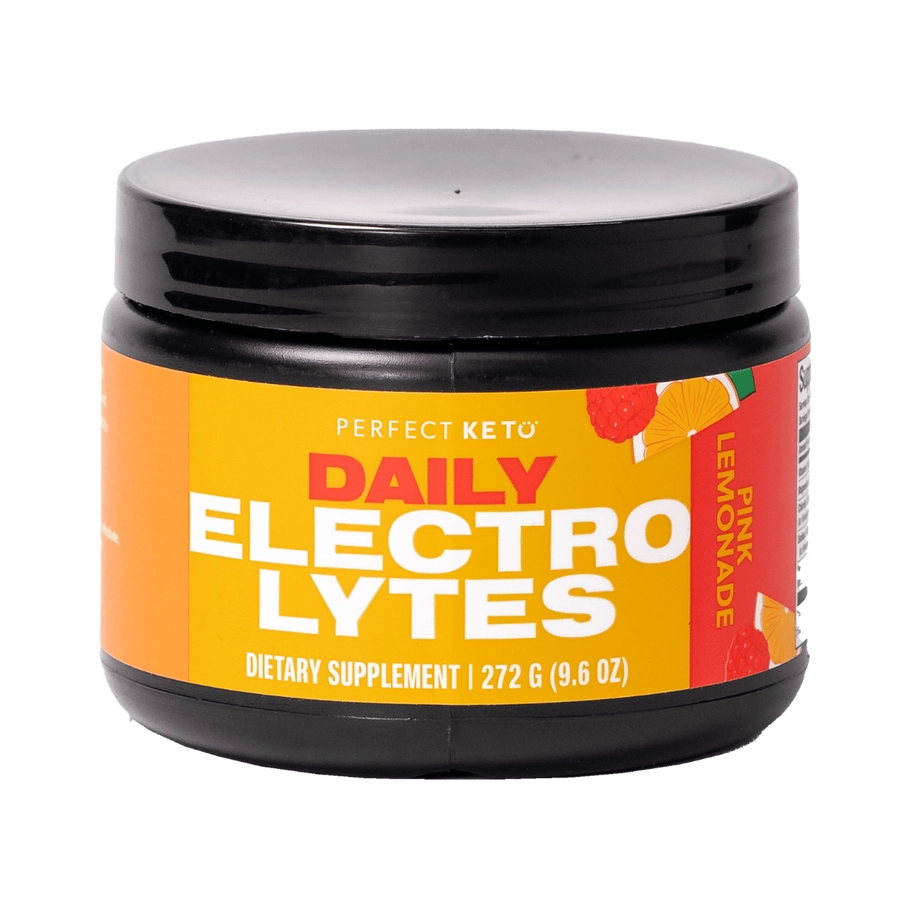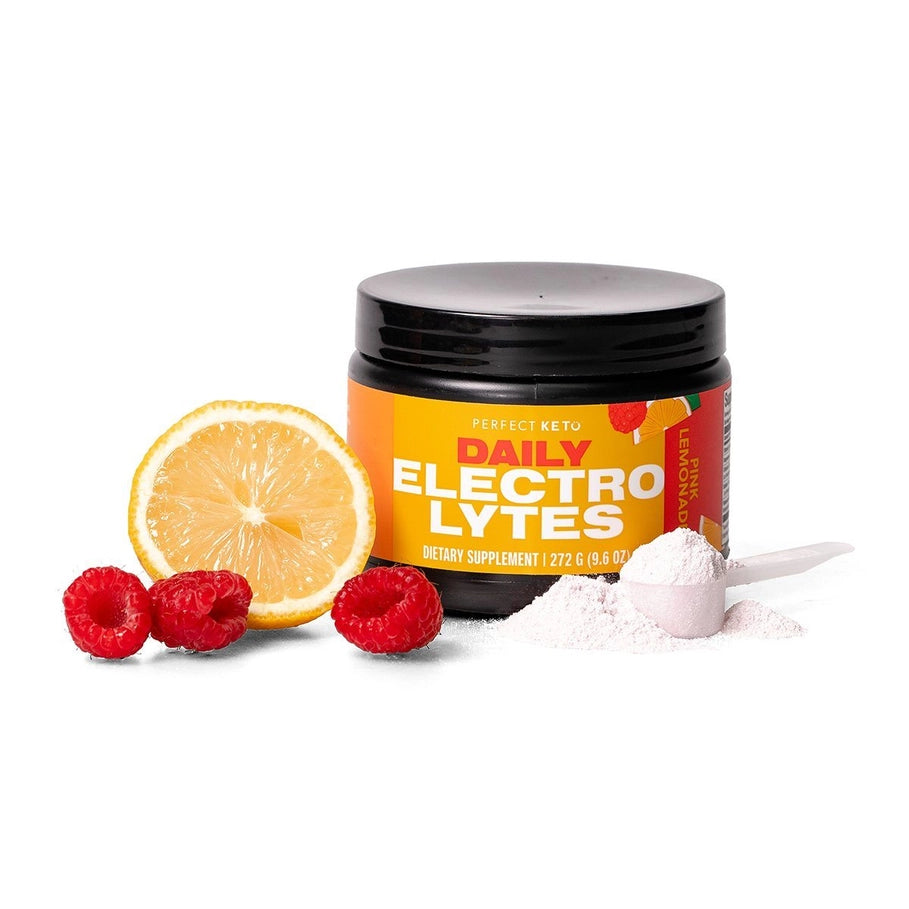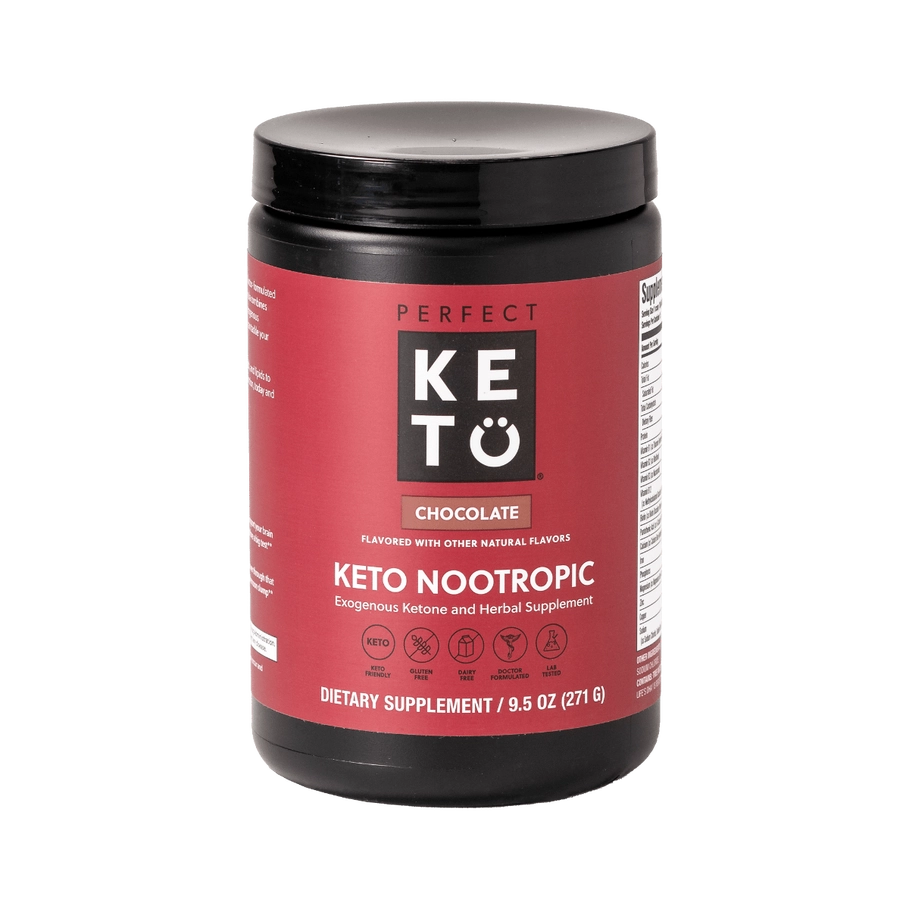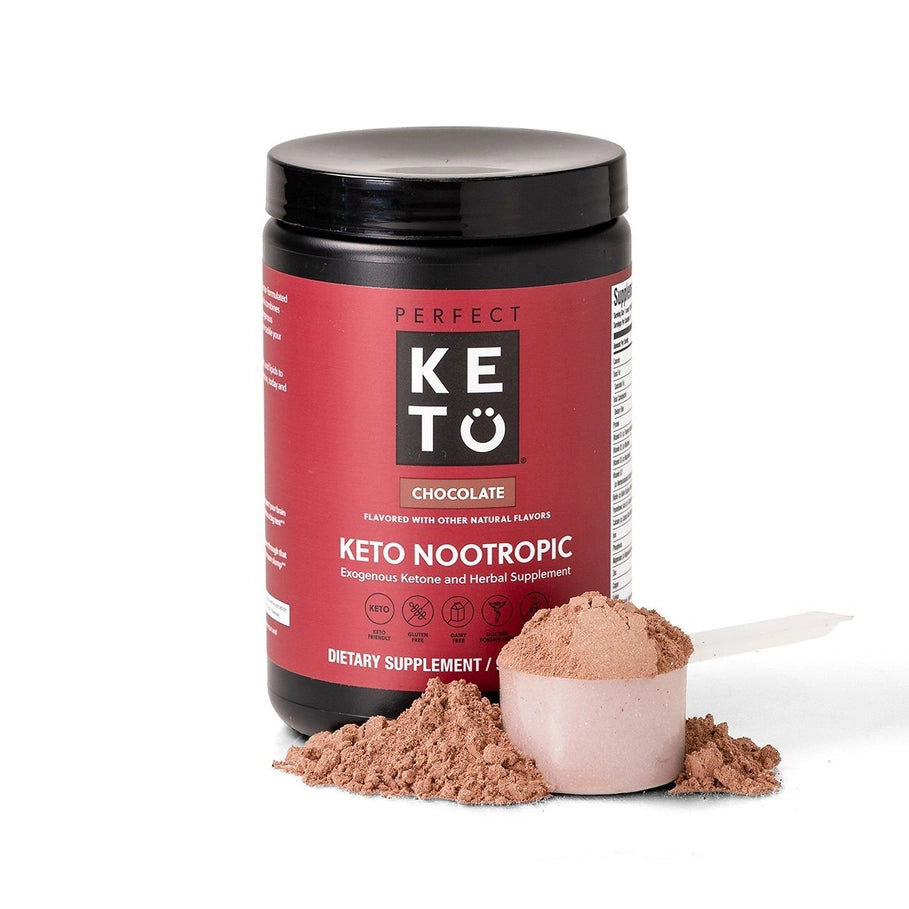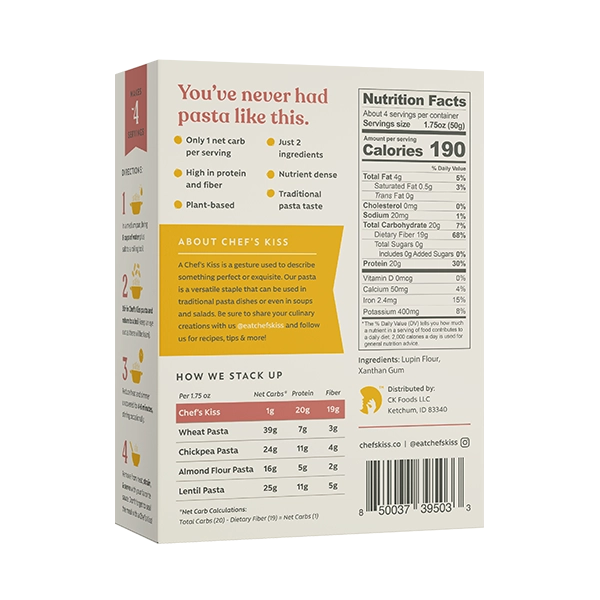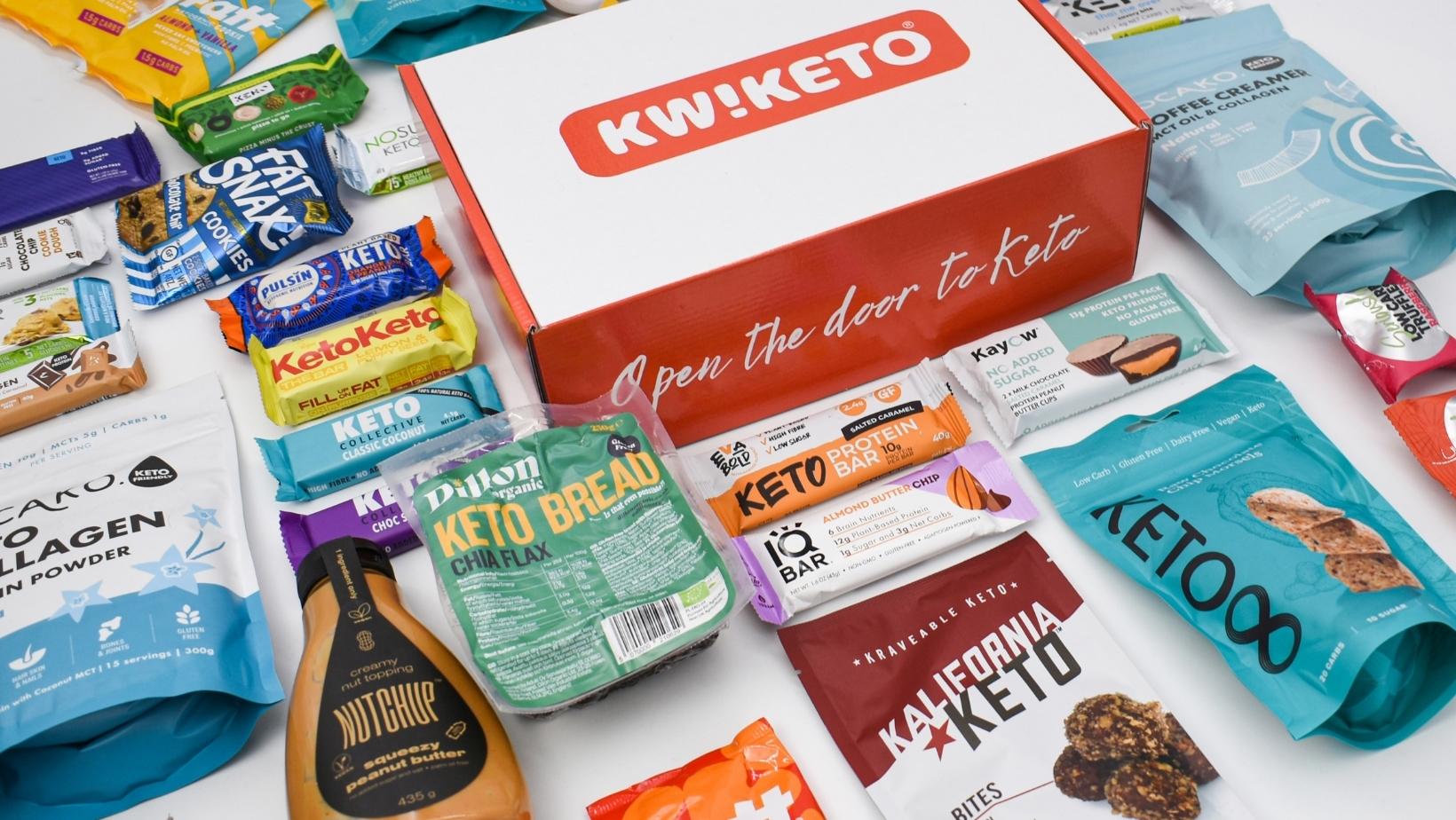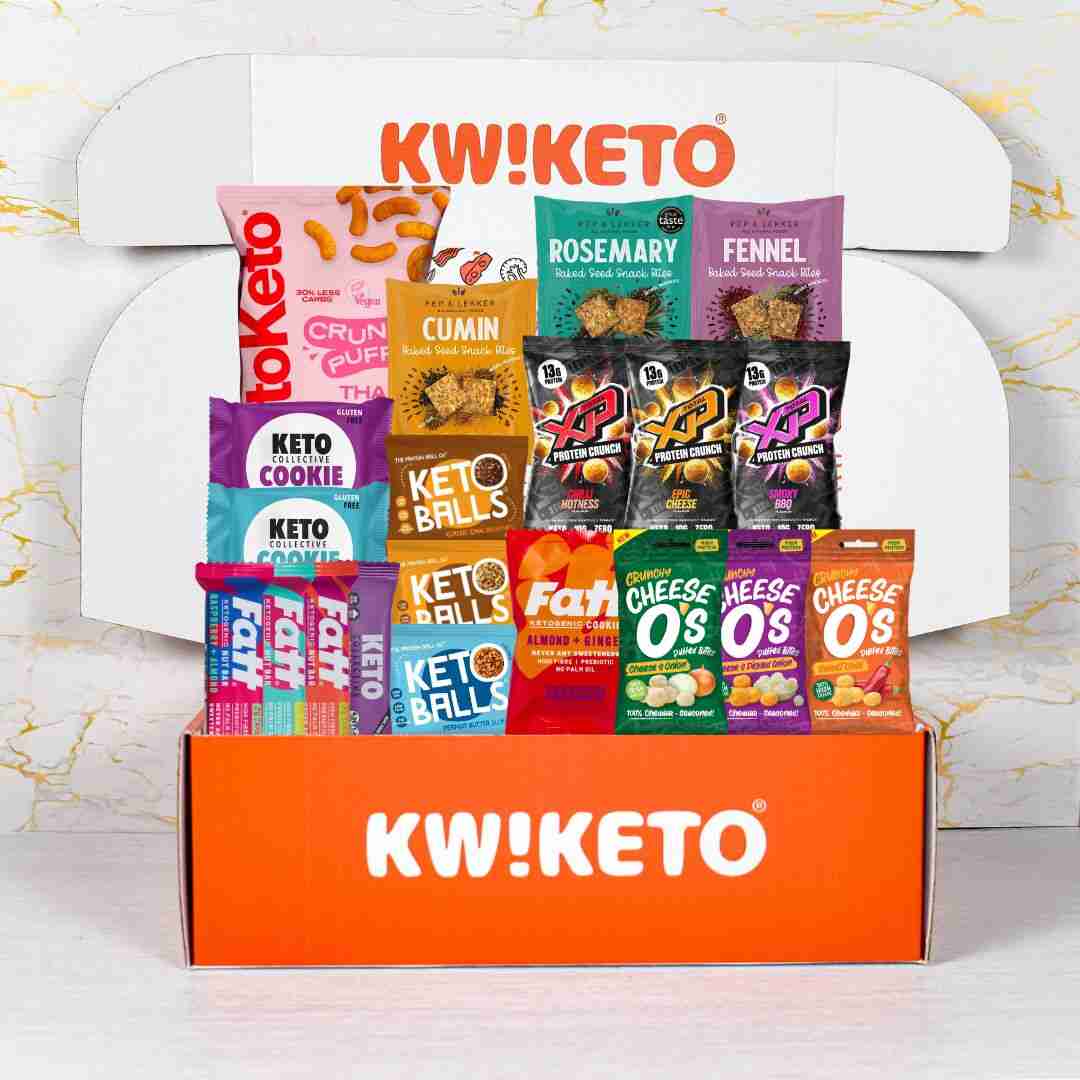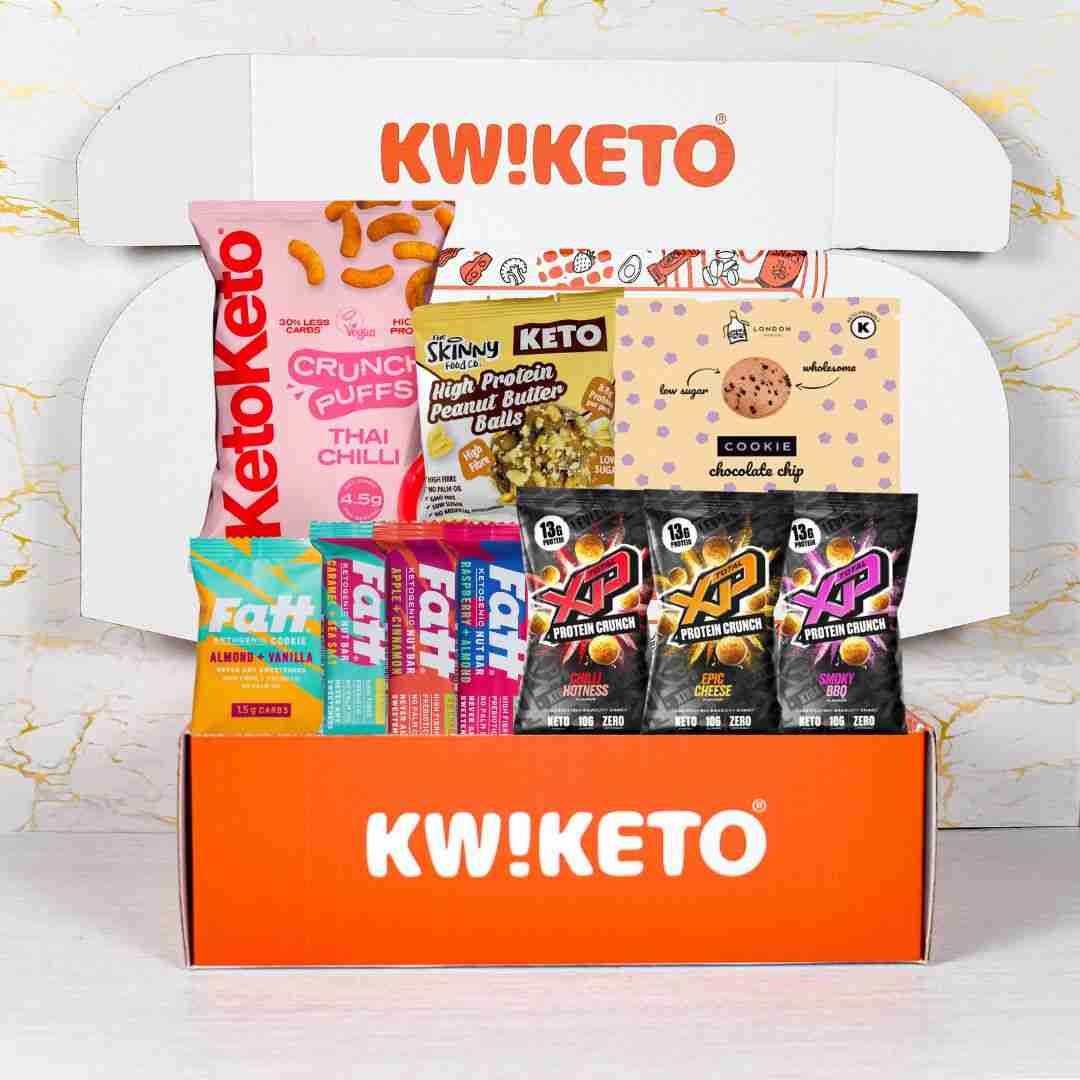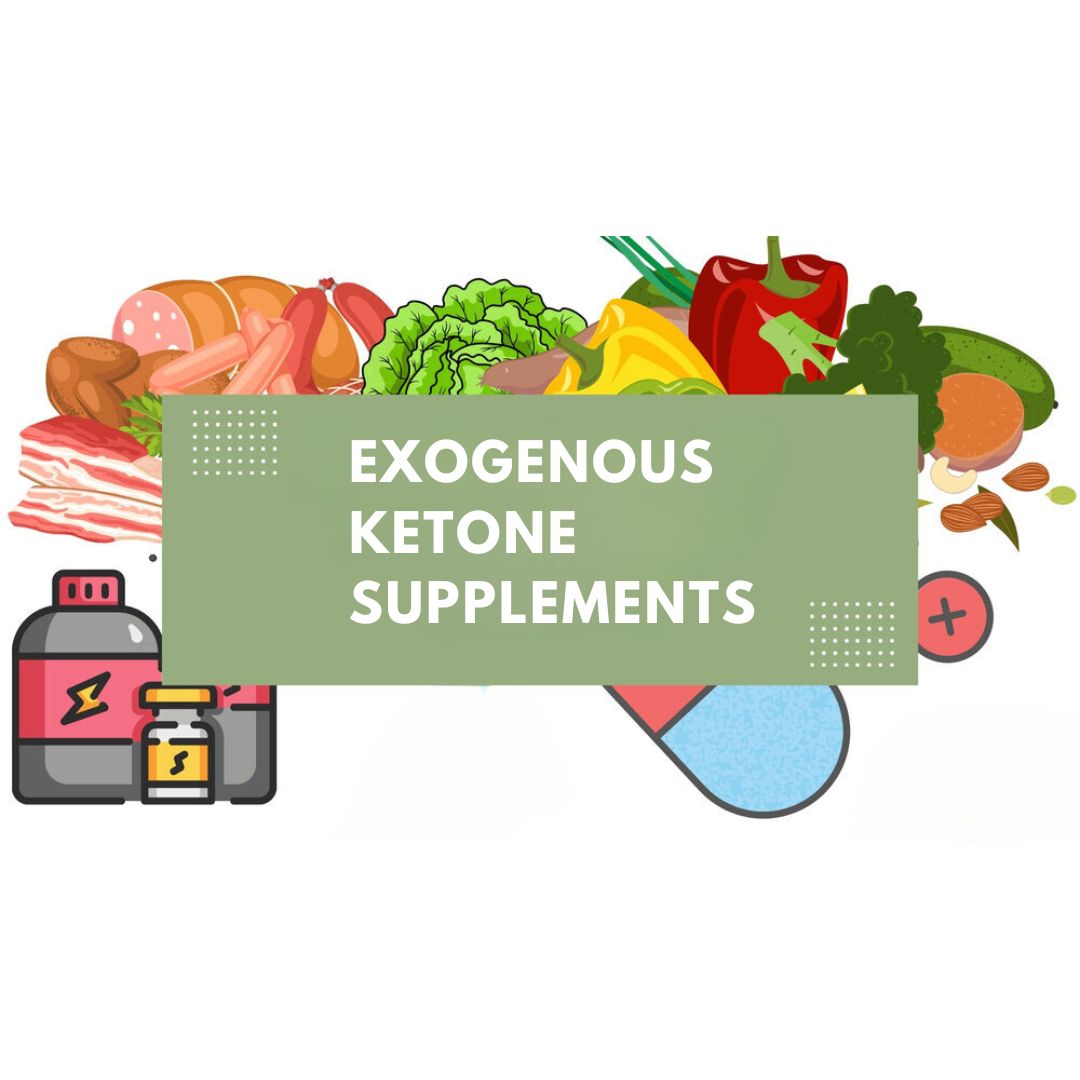
Exogenous Ketone in a Ketogenic Diet
Exogenous Ketone Supplements: The Ultimate Guide to Boosting Ketosis and Performance
In the world of health and wellness, the ketogenic diet has gained immense popularity for its ability to promote weight loss and improve mental clarity. This low-carb, high-fat diet encourages the body to enter a metabolic state called ketosis, where it primarily burns fat for energy instead of carbohydrates. However, achieving and maintaining ketosis can be challenging, leading many individuals to turn to exogenous ketone supplements. In this comprehensive guide, we will explore the effectiveness, safety, and types of exogenous ketone supplements, as well as when and how to incorporate them into your ketogenic journey.
Understanding Ketosis and Exogenous Ketones
Before delving into the world of exogenous ketone supplements, it's essential to understand the concept of ketosis. When following a ketogenic diet, your body switches its primary fuel source from carbohydrates to fat. As a result, it produces ketones, which are by-products of the breakdown of fatty acids. These ketones serve as an alternative energy source for the brain and other organs when glucose (derived from carbohydrates) is scarce.
Exogenous ketones, on the other hand, are ketones produced outside the body that can be consumed in the form of supplements. They aim to elevate blood ketone levels, mimicking the state of natural ketosis induced by a ketogenic diet. By providing an external source of ketones, exogenous ketone supplements can enhance mental clarity, energy levels, and potentially promote weight loss.
Types of Exogenous Ketone Supplements
There are several types of exogenous ketone supplements available on the market, each with its unique characteristics and benefits. Understanding these different types can help you make an informed decision when choosing the right supplement for your needs. Let's explore the main types of exogenous ketone supplements:
1 - Ketone Esters: The Powerful Option
Ketone esters are considered the most potent form of exogenous ketones. These supplements typically come in liquid form and contain raw ketones that are easily absorbed by the body. Due to their high potency, ketone esters can induce ketosis more effectively and maintain it for longer periods compared to other types of exogenous ketones. However, they often come with a strong and unpleasant taste, and they can be quite expensive.
2 - Ketone Salts: The Common Choice
Ketone salts are the most commonly available form of exogenous ketones. They are usually sold in powder or pill form and consist of ketones bound to electrolytes such as calcium, magnesium, potassium, and sodium. Ketone salts are more affordable than ketone esters and have a milder taste. While they can rapidly induce ketosis, the state may not last as long as with ketone esters.
3 - Medium Chain Triglycerides (MCTs): The Versatile Option
While not technically exogenous ketones, medium-chain triglycerides (MCTs) have similar effects on the body. MCTs are a type of fat that is rapidly absorbed and converted into ketones by the liver. Although they alone may not be sufficient to induce ketosis, combining MCTs with a ketogenic diet or other exogenous ketone supplements can enhance their effectiveness. MCTs are commonly available in the form of oils or powders.
Effectiveness of Exogenous Ketone Supplements
Exogenous ketone supplements have gained attention for their potential benefits in various areas, including achieving and maintaining ketosis, enhancing athletic performance, and potentially improving symptoms of psychiatric disorders and epilepsy. While some studies have shown positive results, it's important to note that further research is needed to establish the full extent of their effectiveness.
Achieving and Maintaining Ketosis
Research suggests that exogenous ketone supplements can effectively raise blood ketone levels, mimicking the state of natural ketosis induced by a ketogenic diet. A study involving healthy participants found that both ketone esters and ketone salts successfully induced a state of ketosis. However, it's important to note that these studies involved a small number of individuals, and more research is necessary to confirm these findings.
Enhancing Athletic Performance
Exogenous ketones have also shown potential benefits in the realm of athletic performance. During intense exercise, the body may experience a lack of oxygen supply to the muscles, leading to the production of lactic acid and subsequent muscle fatigue. Some research suggests that exogenous ketones can act as an alternative energy source, reducing the production of lactic acid and potentially improving athletic performance. However, the performance-enhancing effects of exogenous ketones are most significant in elite and endurance athletes.
Potential Benefits for Psychiatric Disorders and Epilepsy
In addition to weight loss and athletic performance, exogenous ketones have garnered attention for their potential therapeutic effects on psychiatric disorders and epilepsy. The ketogenic diet has long been used as a treatment for epilepsy, and some studies suggest that exogenous ketones may help reduce symptoms of psychiatric disorders such as schizophrenia, bipolar disorder, and anxiety. However, more research is needed to fully understand the mechanisms and benefits of exogenous ketones in these conditions.
Safety Considerations
While exogenous ketone supplements may offer potential benefits, it's crucial to consider safety factors before incorporating them into your routine. As with any dietary supplement, there are certain precautions to keep in mind.
Gastrointestinal Upset
Some individuals may experience stomach discomfort or digestive issues when taking exogenous ketone supplements. It's important to start with a low dose and gradually increase as tolerated to minimize these side effects. If you experience persistent gastrointestinal upset, it's advisable to consult with a healthcare professional.
Electrolyte Imbalances
Ketone salts, which contain electrolytes, can increase the risk of electrolyte imbalances, especially in individuals with underlying medical conditions affecting electrolyte regulation. If you have kidney disease or any other condition that impacts electrolyte balance, it's essential to consult with a healthcare provider before using ketone salts or any other exogenous ketone supplements.
Blood Sugar Levels
The ketogenic diet and exogenous ketone supplements may affect blood sugar levels. While this can be beneficial for individuals with diabetes, it's important to monitor blood sugar levels closely and consult with a healthcare professional if you have any concerns.
Sodium Content
Some ketone salts contain sodium, which may pose risks for individuals with high blood pressure or other cardiovascular conditions. If you have these conditions, it's crucial to consult with a healthcare provider before using sodium-containing exogenous ketone supplements.
Dehydration
The ketogenic diet and exogenous ketone supplements can have diuretic effects, potentially leading to dehydration. It's essential to stay properly hydrated by drinking plenty of water throughout the day and listening to your body's thirst signals.
Incorporating Exogenous Ketone Supplements into Your Routine
If you decide to incorporate exogenous ketone supplements into your ketogenic journey, it's important to do so thoughtfully and with guidance from a healthcare professional. Here are some considerations for incorporating exogenous ketone supplements into your routine:
1 - Timing of Consumption
Exogenous ketone supplements can be taken at various times throughout the day, depending on your goals and needs. Many individuals find it beneficial to take them in the morning to jumpstart ketosis or before exercise to enhance performance. Experiment with different timing strategies and listen to your body's response to determine the most effective approach for you.
2 - Combination with Ketogenic Diet
While exogenous ketone supplements can help induce ketosis, it's important to remember that they are not a magic solution. To maximize their effectiveness, it's recommended to follow a ketogenic diet alongside the use of exogenous ketone supplements. This involves consuming a high-fat, low-carbohydrate, and moderate-protein diet to promote the production of endogenous ketones (ketones produced by your body).
3 - Individualized Approach
Everyone's body is unique, and what works for one person may not work for another. It's essential to listen to your body and pay attention to how you feel when using exogenous ketone supplements. If you experience any adverse effects or have concerns, consult with a healthcare professional for personalized guidance.
Choosing the Right Exogenous Ketone Supplement
With a wide variety of exogenous ketone supplements available on the market, choosing the right one can be overwhelming. Here are some factors to consider when selecting an exogenous ketone supplement:
Quality and Purity
Due to the lack of regulation by the Food and Drug Administration (FDA), it's crucial to choose exogenous ketone supplements from reputable brands that prioritize quality and purity. Look for products that undergo third-party testing to ensure the absence of contaminants and accurate labeling of ingredients.
Ingredients and Additional Benefits
Consider the ingredients included in the supplement and any additional benefits they may provide. Some supplements contain caffeine or MCT oil, which can enhance energy levels and mental focus. Understanding the ingredients and their potential effects can help you choose a supplement that aligns with your specific goals.
Cost and Value
Exogenous ketone supplements can vary significantly in price. Consider your budget and the value you expect to receive from the supplement. While more expensive options may offer higher potency or unique formulations, it's important to choose a supplement that fits within your financial means.
Customer Reviews and Reputation
Reading customer reviews and researching the reputation of the brand can provide valuable insights into the effectiveness and quality of the exogenous ketone supplement. Look for reviews from verified purchasers and consider the overall satisfaction of customers before making your decision.
Conclusion
Exogenous ketone supplements can be valuable tools for individuals following a ketogenic diet or looking to enhance their athletic performance. These supplements aim to elevate blood ketone levels, mimicking the state of ketosis induced by a low-carb, high-fat diet. While research on their effectiveness is still evolving, exogenous ketone supplements show promise in promoting ketosis, improving athletic performance, and potentially benefiting individuals with psychiatric disorders and epilepsy.
As with any dietary supplement, it's crucial to prioritize safety and consult with a healthcare professional before incorporating exogenous ketone supplements into your routine. By choosing high-quality products, understanding their ingredients and effects, and individualizing your approach, you can make informed decisions that align with your goals and optimize your ketogenic journey. Remember, exogenous ketone supplements are not a substitute for a balanced diet and healthy lifestyle, but they can serve as valuable tools to support your overall well-being.

